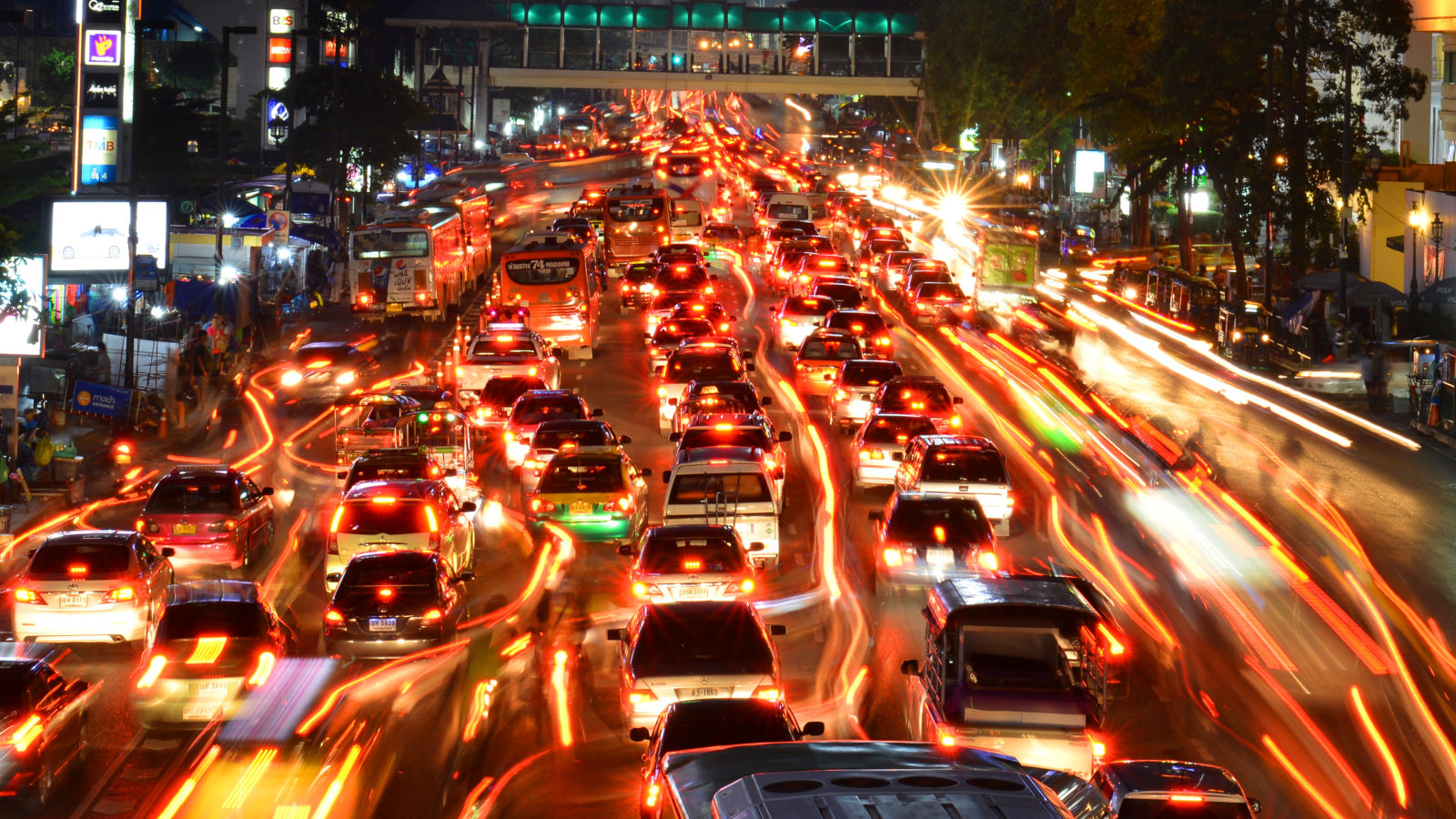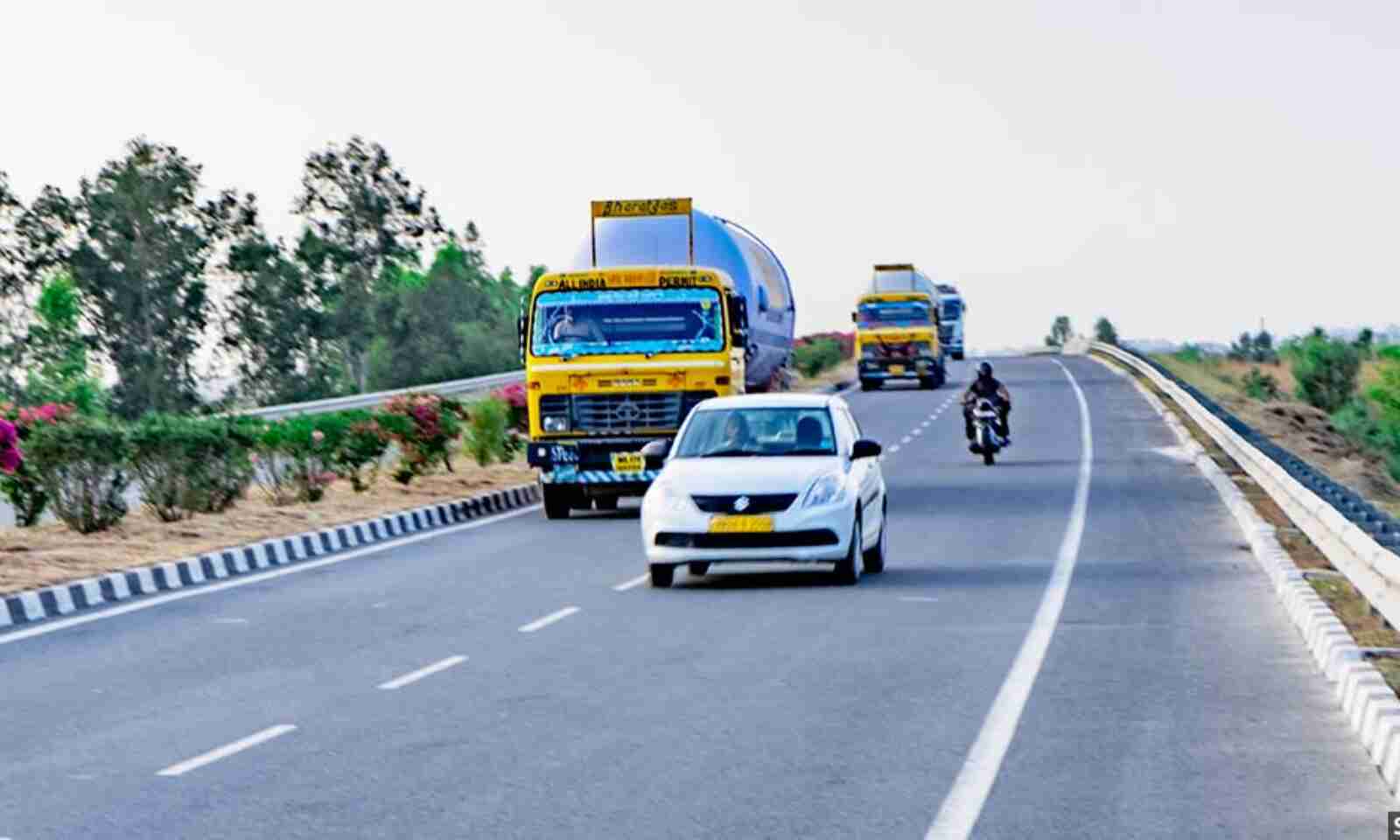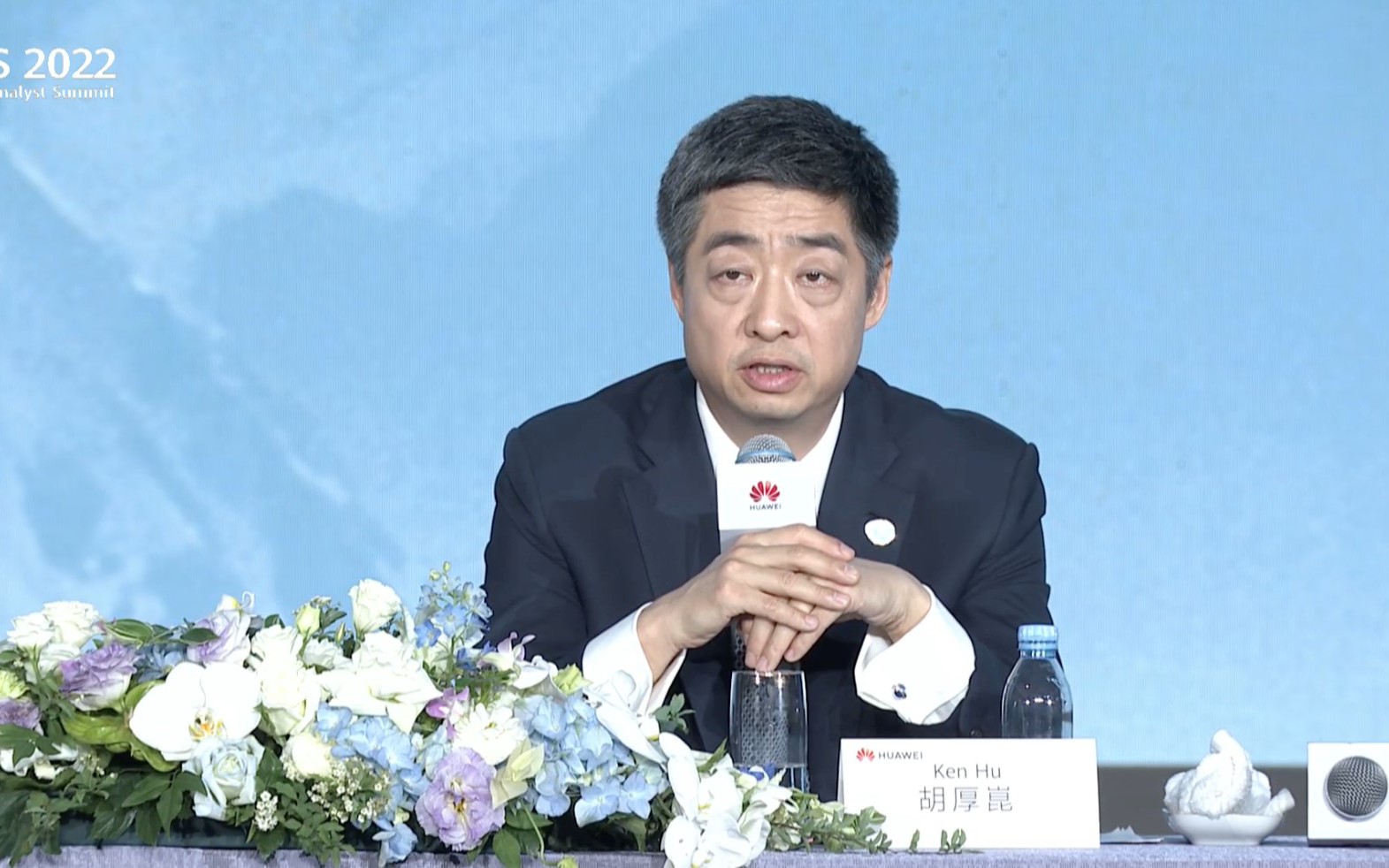India deploys artificial intelligence to enhance road safety
India has one of the largest road networks in the world, and is emerging as one of the fastest growing. With more vehicles on the road, safety is now more important than ever, and is a major development issue and public health concern.
To help tackle this, the Government of India is aiming to reduce traffic-related deaths on India’s roads by 50% by 2030, paving the way for the VISION ZERO policy. As India enhances its road safety index, the predictive power of AI will play a transformative role in enabling drivers and safer, smarter roads.
India’s Minister of Roads and Highways, Nitin Gadkari, recently announced that he plans to bring artificial intelligence (AI) based technology into the government system to improve the transport industry. pine.

Road safety has become a challenge for developing countries like India, and artificial intelligence-based drones and robots can be used for forensic investigation of accidents. Road. Photo: @AFP.
He identified a number of priority areas for AI applications, including post-crash forensic investigation, black-spot accident modeling, fatigue indicator readings from traffic drivers, vehicle detection equipment, and more. sleep detection and advanced vehicle collision avoidance systems. As a result, AI reduces the need for human intervention in road safety systems, making them more efficient.
He said: “AI-based drones and robots can be used for forensic level investigation of road accidents. can accurately measure, analyze and predict traffic conditions and have can take the necessary steps to avoid an incident,” he said.
Also in a recent statement, the Minister said that integrating AI in road traffic safety is a “daily need” of the country. Road safety is a major challenge for India, the roads witness a number of road rule violations and negligence, which can cause minor and major accidents. A strict monitoring policy is significant in maintaining road safety.
India records about 500,000 road accidents every year, with more than 150,000 deaths. These statistics are among the highest in the world. According to government data, 35% of all traffic accidents are on the road and 84% of all road accidents happen to citizens between the ages of 18 and 60.
Gadkari asked Indian entrepreneurs to develop native AI-based solutions for motor vehicle law enforcement and monitoring. The highway monitoring system currently uses imported hardware and software. Gadkari announced that the ministry has started an initial project with AI-based technology in Nagpur. The technology in Nagpur will be used to identify black spots on the road and the project will integrate machine learning and AI technology in safety systems on the highways. Authorities also plan to use digital construction, allowing machines to translate design drawings in the field using sensors.
The Indian government has also initiated an Advanced Traffic Monitoring system (ATMS) on the Delhi Meerut Eastern Peri Foreign highway, and plans to apply the technology on all national roads. The system can be used to capture license plates, identify discrepancies in vehicle paperwork and track traffic rule violations.
The country’s leading research institutes have been developing and implementing technology-based solutions to reduce road accidents. Early last year, the Indian Institute of Technology, Ropar (IIT-Ropar) developed an algorithm to detect drowsy drivers using machine learning and computer vision technology. The team says they used computer vision algorithms to extract facial features such as eye closing and yawning, as well as machine learning techniques to effectively detect a driver’s alertness level.

Safe driving: How artificial intelligence can make our roads safe. Photo: @AFP.
Furthermore, the Karnataka State Road Transport Corporation (KSRTC) said it implemented AI-based technologies to reduce road accidents and improve passenger safety on buses in June 2018. last. The company has contracted to implement the AI-powered Collision Warning System (CWS) and Driver Drowsiness Warning System (DDS) for 1,044 buses. CWS offers features such as forward collision warning (FLCW), lane departure warning (LDW).
It will also generate real-time alerts. This is perhaps the first time in the country that a state-owned bus corporation has used the technology on a large scale to reduce accidents. Other state-owned bus corporations are also waiting to adopt the system.
Similarly, last August, the Indian Institute of Technology in Mandi (IIT-Mandi) developed an intelligent road monitoring system to prevent accidents due to sharp turns or out of sight. The system works through sensors that detect the speed, direction, slope of the slope and the type of vehicle and alert the driver to the upcoming turn, OpenGov Asia Magazine reports.
at Blogtuan.info – Source: danviet.vn – Read the original article here



